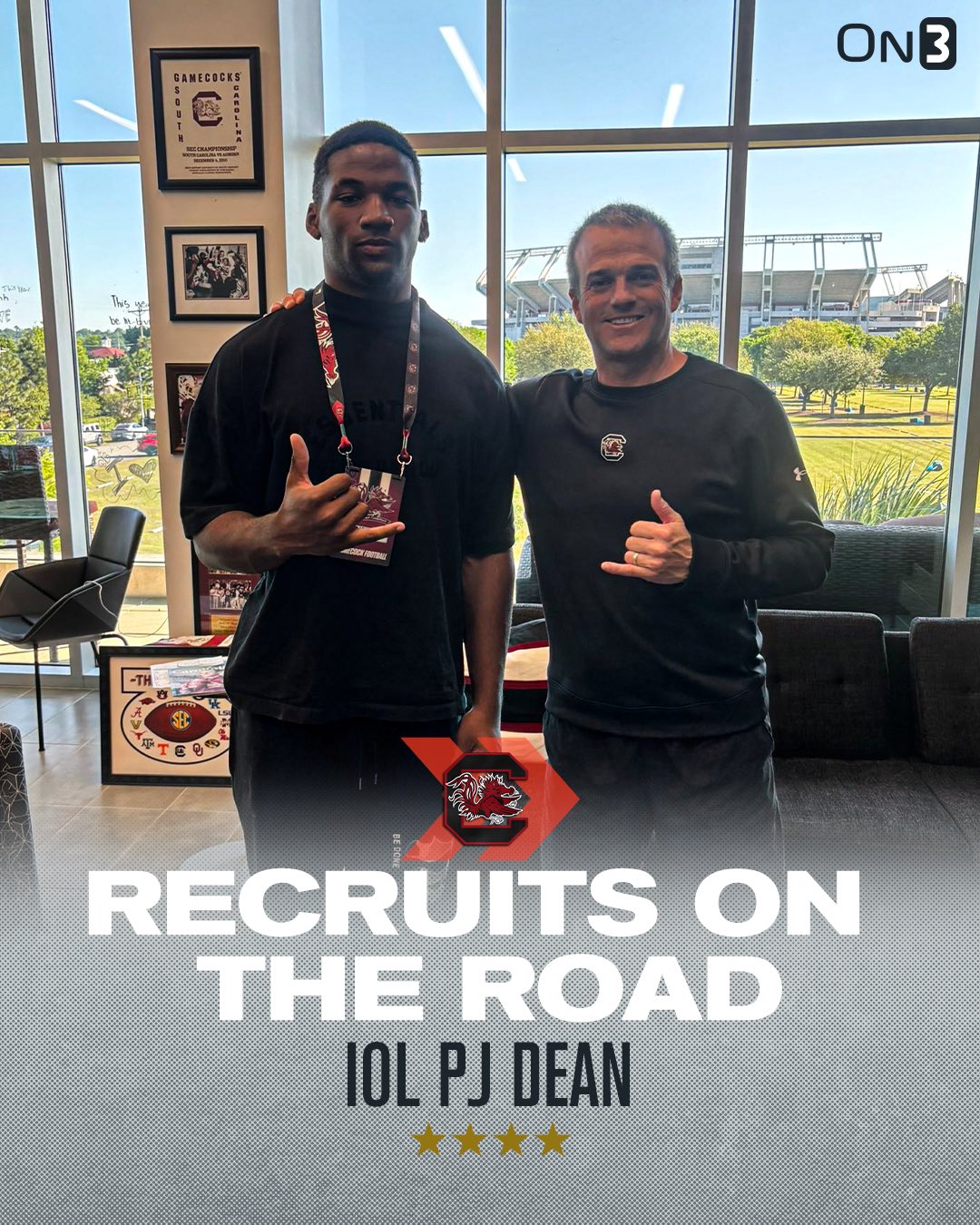In 1984, basketball legend Julius Erving brushed aside illness to lead his team to a dominant victory over the New Jersey Nets, remarking afterward, “It was just a touch of the virus.” His ability to push through and perform at a high level despite feeling under the weather has since become a memorable example of the toughness and professionalism that defined his storied career.
Fast forward to 2025, and the conversation around toughness, leadership, and decision-making has shifted to a different player—Devin Booker of the Phoenix Suns. The Suns recently awarded Booker a two-year, $145 million contract extension, ensuring he remains in Phoenix through the 2029–30 season. While many in the basketball world celebrated the move as a way to keep a franchise cornerstone happy and committed, others were not as impressed.
One of the strongest critics of this decision is Sam Mitchell, a former NBA player and Coach of the Year. Speaking on SiriusXM NBA Radio, Mitchell didn’t hold back. He called the extension another poor decision in what he describes as a series of missteps by Suns team owner Mat Ishbia. According to Mitchell, Ishbia is trying to buy success instead of building it, and the lavish extension for Booker sends the wrong message to the rest of the league.
“You start giving out money—for what?” Mitchell asked. “What did we achieve? What did we do?” He emphasized that while rewarding your best player may seem like a positive gesture, it creates a “sugar high” of satisfaction without addressing the deeper issue: the lack of team success. The Suns failed to make the playoffs or even the play-in tournament last season, despite having stars like Booker, Kevin Durant, and Bradley Beal on the roster. That failure, Mitchell argues, should have triggered a period of reassessment, not large financial commitments.
Mitchell’s criticism was sharp and direct. He believes that Booker’s new deal is the latest sign of organizational mismanagement under Ishbia. He likened it to a CEO receiving a raise after his company had just lost hundreds of millions of dollars—a reward for failure. In Mitchell’s eyes, rewarding Booker with such a lucrative extension, while the team is clearly in need of a reset, sets a dangerous precedent both inside the locker room and across the league.
The Suns did make moves to shake things up this offseason. After their failed experiment with the “Big 3,” they traded Kevin Durant for a younger group including Jalen Green and Dillon Brooks, along with draft picks. They’re also reportedly negotiating a buyout with Bradley Beal, further signaling a willingness to change direction. On top of that, they acquired promising center Mark Williams and drafted Duke’s towering prospect Khaman Maluach, showing an intent to retool around younger talent. Yet, instead of waiting to evaluate how the new roster develops, the front office opted to invest even more in Booker, despite the fact that he already had three full seasons remaining on his contract.
This decision puzzled Mitchell. He acknowledged that Booker is an elite scorer and a loyal face of the franchise. Since being drafted 13th overall in 2015, Booker has blossomed into a four-time All-Star and two-time All-NBA selection. He currently holds the franchise record for total points (16,452) and three-pointers made (1,424), and he averaged 25.6 points per game last season. Yet, despite those impressive individual stats, Mitchell pointed out that Booker’s success has not translated into a championship or even consistent postseason excellence.
The Suns’ recent playoff failures, especially with such a talented roster, make this extension harder to justify in Mitchell’s opinion. He argued that the organization needs to focus on correcting the course, rather than doubling down on expensive deals when the results on the court aren’t there.
Adding to the debate, NBA Hall of Famer Charles Barkley, who played for the Suns in the 1990s, also weighed in. Barkley was more tongue-in-cheek but equally critical, commenting that Booker is “the luckiest dude in the world” to be making $70 million a year just “to dribble a stupid basketball.” While clearly exaggerated, Barkley’s words reflect the skepticism shared by many regarding the sustainability and logic of the Suns’ financial strategy.
Booker, for his part, remains the face of the franchise and continues to carry himself with the poise of a superstar. Throughout his career, he’s been dedicated to the Suns and has never publicly demanded a trade or expressed dissatisfaction. In a league where player movement is constant and stars often chase titles elsewhere, that kind of loyalty is rare. But even that loyalty, Mitchell warns, shouldn’t blind management to the reality of their situation.
According to Mitchell, the issue isn’t with Booker’s talent or commitment—it’s with timing and priorities. Why rush to pay a player more now when he’s already under contract for three more seasons? Why not focus on surrounding him with a team that can compete for a title before handing out even more money? Those are the questions Mitchell believes the Suns failed to consider.
And while Booker’s scoring prowess and leadership are undeniable, his individual excellence hasn’t yet led to the team success Phoenix fans desperately crave. The 2021 Finals run feels like a distant memory now, especially after last season’s disappointment. The hope is that a new, younger supporting cast can help reenergize the franchise, but until that vision comes to life, big financial moves like this one are bound to be controversial.
In the end, Sam Mitchell’s comments aren’t just about one player’s extension—they’re about a broader philosophy on how to build a winning basketball team. Handing out money in hopes of fixing deeper issues might provide temporary satisfaction, but it won’t address the foundational problems. Mitchell believes that’s exactly what’s happening in Phoenix under Ishbia’s ownership.
As the Suns enter a new chapter with a retooled roster and a hefty commitment to their franchise star, all eyes will be on Booker and the front office. Will this extension pay off in the long run, or will it go down as yet another example of mismanagement in an era defined more by spending than winning?
Only time—and results on the court—will tell.



